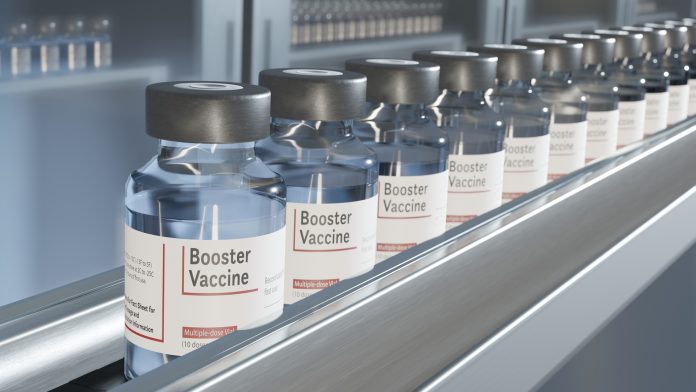
New research finds that Covid vaccine effectiveness substantially declines in protection rates after six months.
A new study confirms the overall vaccine effectiveness in preventing severe infection resulting in hospitalisation but have also discovered a substantial decline in Covid vaccine effectiveness after six months. Furthermore, the researchers analysed factors that potentially contribute to decreased Covid vaccine effectiveness.
The study was released in The Lancet Respiratory Medicine by Providence, one of the largest health systems in the United States.
The Providence study connects a network of researchers with large scale healthcare data to help health systems, public health agencies, policymakers, patients, and community members learn and react more quickly to emergent or endemic health challenges.
The waning effect of vaccines
Data from nearly 50,000 hospital admissions were examined between April and November 2021 and it was discovered that vaccines were 94% effective at preventing hospitalisation 50-100 days after receiving it, but fell to 80.4% 200-250 days later, with even more rapid decline after 250 days.
Thus, this data highlights the importance of booster jabs in enhancing Covid vaccine effectiveness, and the impact of vaccines on hospitalisation rates, particularly for patients aged 80 plus or with specific medication conditions that are a risk factor for severe infection.
“Additional protection may be warranted for everyone, but especially for these populations,” explained Ari Robiscek, MD, Providence chief medical analytics officer. “In addition to promoting general vaccine uptake, clinicians and policymakers should consider prioritising booster shots toward those most at risk for severe Covid-19.”
What factors reduce Covid vaccine effectiveness?
Additionally, scientists examined Covid vaccine effectiveness over time and considered how certain factors could reduce vaccine effectiveness.
Key risk factors for severe ’breakthrough’ infection included advanced age (80+), comorbidities, (such as cancer), transplants, chronic kidney disease, hypertension, (or heart failure), the amount of time that had elapsed since being vaccinated, and the type of Covid vaccine received.
Moreover, the study discovered that the Moderna vaccine offered the best overall protection over time, whilst the Pfizer-BioNTech vaccine offered initial protection equivalent to Moderna’s but declined more rapidly over time. The Janssen vaccine showed higher odds of experiencing a severe breakthrough infection compared to Moderna.
These results emphasise the necessity for individuals more at risk to be vaccinated, and subsequently boosted, to ensure overall Covid vaccine effectiveness and protection against the virus.
“This data helps us understand differences in waning protection by vaccine type and identify the key risk factors for severe breakthrough infections to help inform the targeting of potential vaccine booster programs,” concluded Amy Compton-Phillips, M.D., Providence chief clinical officer. “Unlike most other studies, our data stretched beyond six months, where we found evidence of rapidly waning protection, especially for patients 80 or older. We were also able to identify important differences by vaccine type and patient characteristics that should help inform potential booster programs.”










